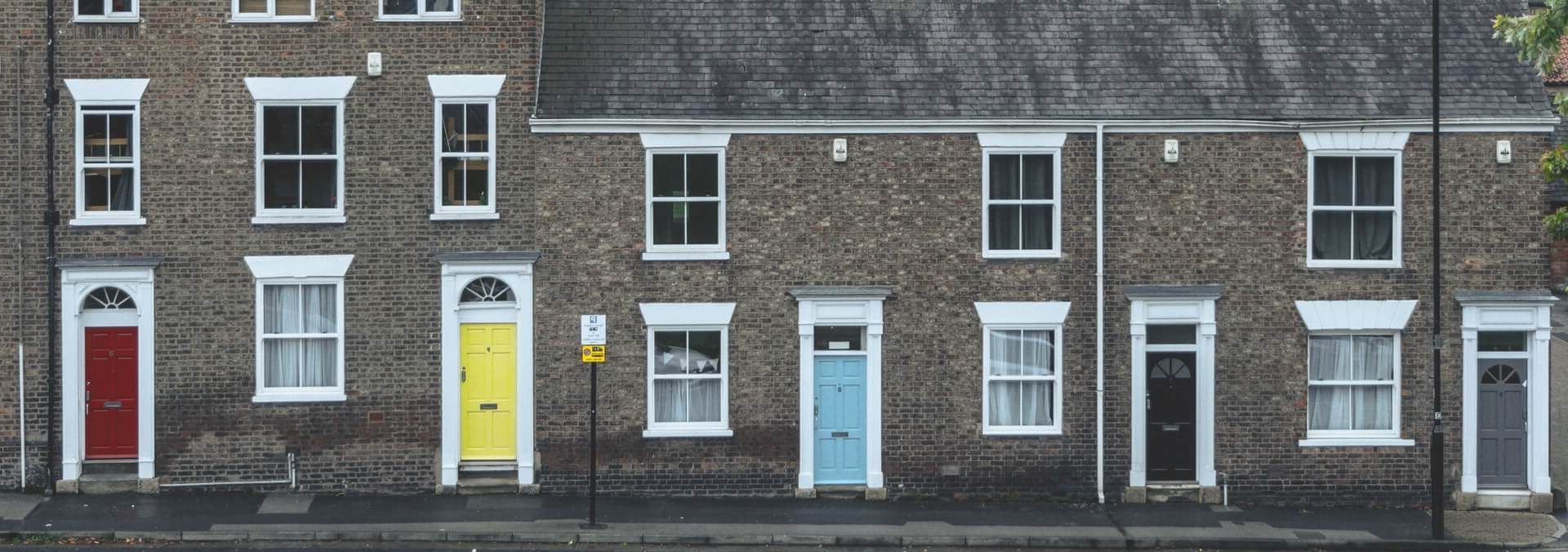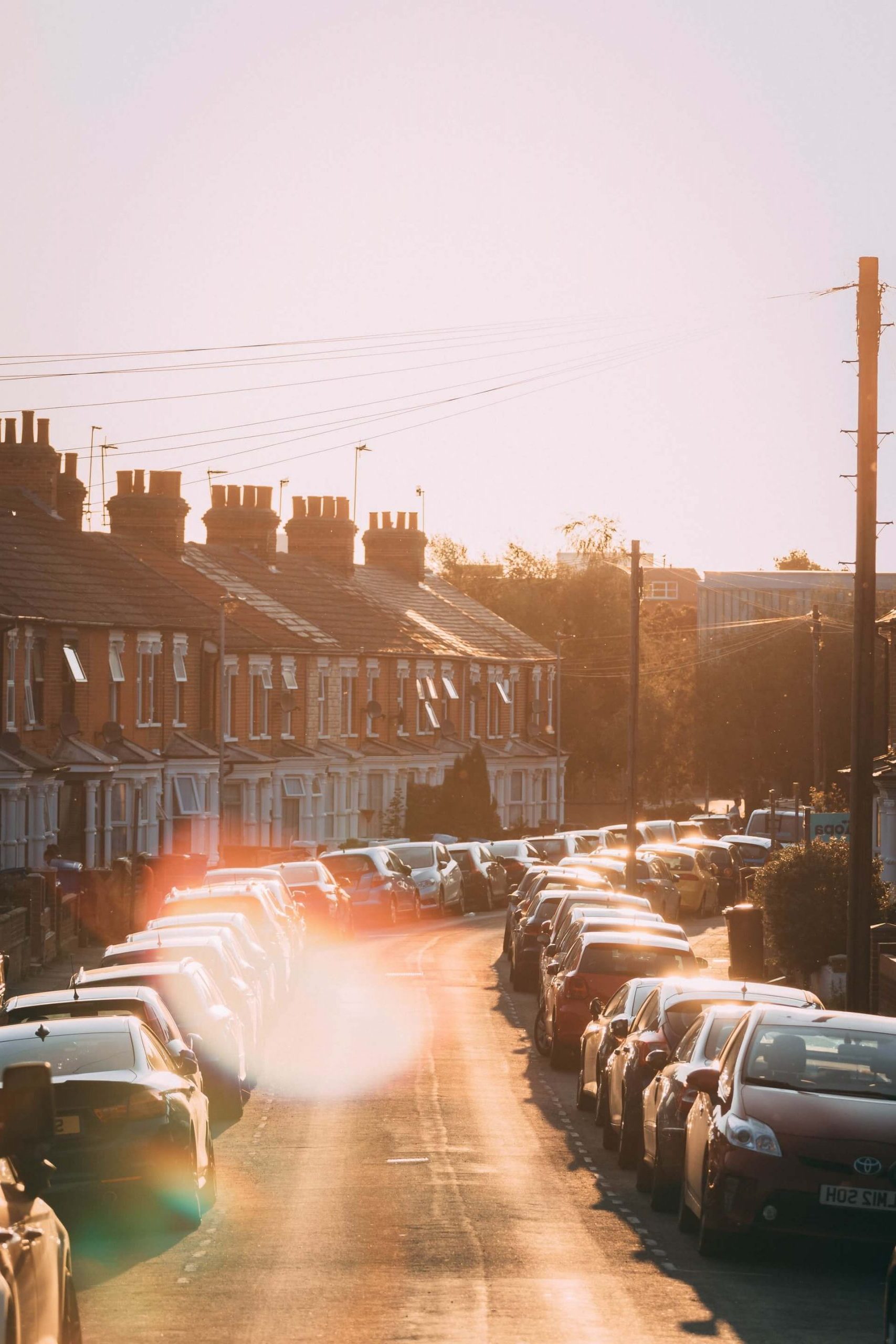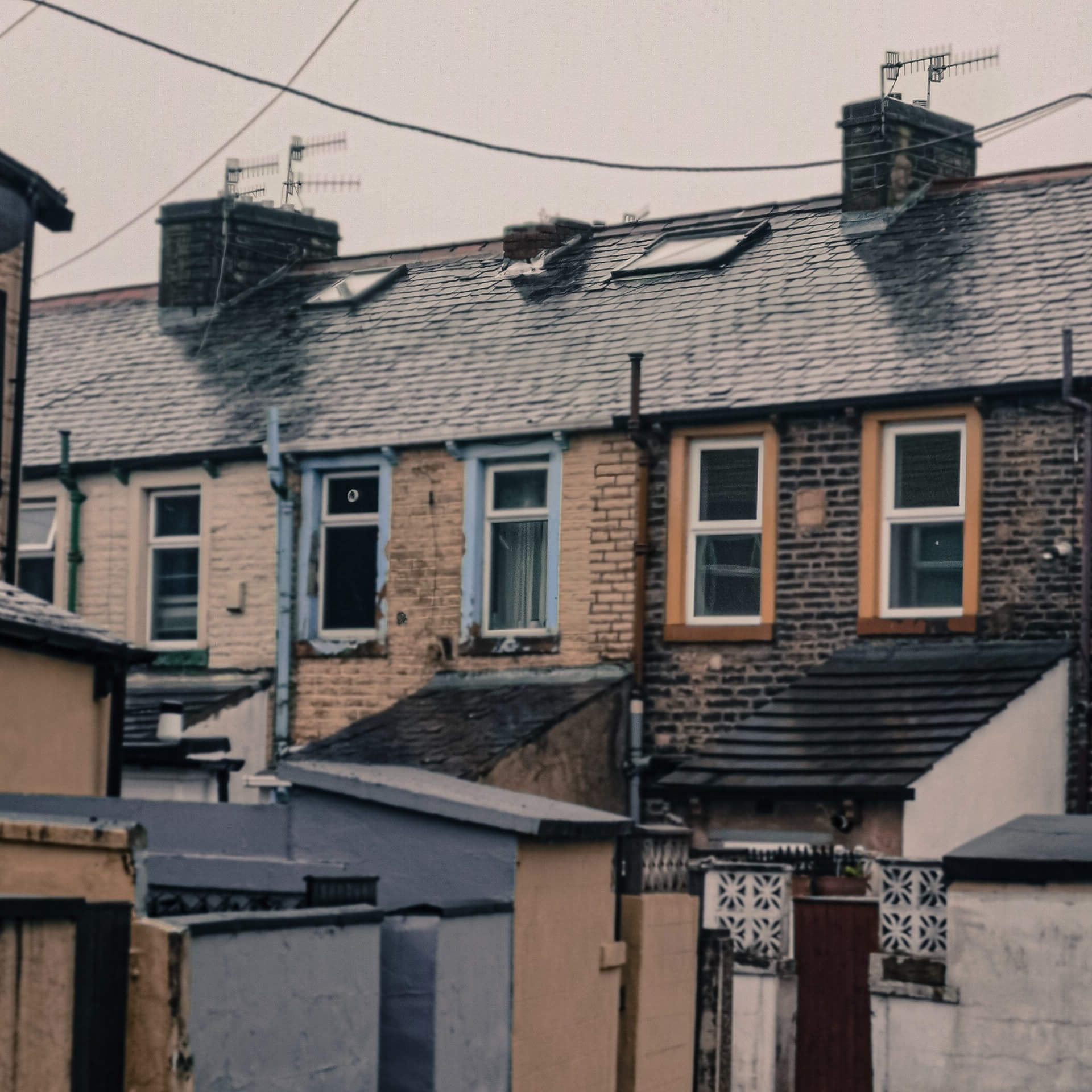
What is Local Housing Allowance (LHA)? What rates will I need to pay? This is something that may affect you if you rent your housing from a private landlord. Additionally, it is based on multiple factors, like the area in which you live. Your Benefits will tell you everything that you need to know about Local Housing Allowance (LHA).
How to apply for Local Housing Allowance
The way that you apply for Local Housing Allowance is at a Jobcentre plus. In fact, you will need to use their CMS system. Moreover, your claim will then be passed to the relevant office.
How Local Housing Allowance is calculated

Local Housing Allowance (LHA) is based on a couple of factors. Mainly, they are the area that you reside in, the number of bedrooms that your housing has, and the amount of rent that you pay.
First, your ‘Broad Rental Market Area‘ is determined. What this is is the area where you can receive a fixed Local Housing Allowance (LHA) rate. Usually, they are changed yearly. More specifically, this is done in April.
Then, the number of bedrooms is observed. More specifically, the number of rooms is looked at in relation to the number of people living in the home. The number of people in the home determines the number of bedrooms that is appropriate.
Some rooms are not counted for the Local Housing Allowance. In fact, this is the case for toilets, living rooms, kitchens and similar rooms. They are not counted for the calculation of things like how many bedrooms you require.
What is my Broad Rental Market Area?
Your ‘Broad Rental Market Area‘ (BRMA) is a certain area that determines your Local Housing Allowance (LHA) rate. More specifically, it is this area in which every person living there can access the services and facilities offered. Additionally, it must be reasonable to expect someone to live in that area.
The Broad Rental Market Area also impact Local Housing Allowance rates in other ways. Indeed, LHA is impacted by private market rents. However, these can be different from more obvious broadcasted rents for an area.
What if my rent is lower than my Local Housing Allowance?
Your rent may be lower than your Local Housing Allowance (LHA) rate. In this case, since April 2011, you may not keep the difference between the two.
The rules were different prior to April 2011. Moreover, if your rent was lower than your Local Housing Allowance (LHA), you could keep the difference. Specifically, up to £15 weekly. Indeed, this was so people look for cheaper rent.
What is my Local Housing Allowance (LHA) rate?
Your Local Housing Allowance (LHA) rate depends on some factors. In fact, what you are entitled to depends on the following:
- Your disability or care history;
- How old you are;
- The people who you live with;
- The amount of rent charged in your area.
The number of people who live with you, as well as their sex and age, will impact your LHA rate. Additionally, you may be single and under 35 years old. Then, your home is treated as shared accommodation.
The Local Housing Allowance rates change yearly, every April. Below are a couple of examples of some LHA rates starting April 2022:
| Examples of LHA rates from April 2022 | |||||
|---|---|---|---|---|---|
| Broad Rental Market | The tenant is entitled to one bedroom and shares other facilities | The tenant is entitled to one bedroom and does not share other facilities | The tenant is entitled to two bedroom | The tenant is entitled to two bedroom | The tenant is entitled to two bedroom |
| Harrogate | £75,00 | £120,82 | £153,04 | £182,96 | £246,25 |
| Inner East London | £136,50 | £295,49 | £365,92 | £441,86 | £585,70 |
| Lancaster | £70,25 | £96,66 | £120,82 | £138,08 | £161,10 |
| Mendip | £75,00 | £111,62 | £143,84 | £179,51 | £230,14 |
| Northampton | £89,50 | £126,58 | £159,95 | £184,11 | £234,74 |
What is a Local Housing Allowance?
Local Housing Allowance (LHA) is used to calculate if people within a home can claim certain benefits. In fact, it is what is used to calculate who can earn Universal Credit or Housing Benefit. More specifically, who can get these benefits while renting from a private landlord.
Local Housing Allowance is based on a couple of factors. They are as follows:
- Where you live;
- The total amount of rent that you pay;
- The number of bedrooms that you have.
What is bedroom entitlement?
Your bedroom entitlement is linked with your Local Housing Allowance (LHA). More specifically, bedroom entitlement determines whether you are entitled to a bedroom or not. It depends on your situation and the situation of the people living with you.
Finally, you may even be able to be entitled to extra bedrooms in your bedroom entitlement. Moreover, this only applies to people in certain specific situations. Visit the article linked above to learn more.
You may be private tenant. Additionally, you may share your accommodation with joint tenants. Furthermore, you may earn Housing Benefit. If all of these apply, the rate that you will receive is the shared accommodation rate.
Are you unsure if you qualify as a couple? If you are one of the following, you will be considered a couple:
- Civil partners;
- Married;
- Living together as if you are married or civil partners.
What if I am single?

If you are single, you qualify for one bedroom. In fact, this is for tenants over 35 years old. If this applies to you, you qualify for this the same way as a couple.
You may get Housing Benefit. Additionally, you may live with joint tenants. Then, you qualify for the shared accommodation rate. However, you may instead receive Universal Credit. Then, likely are eligible for the one bedroom rate.
What if I have children?
They number of children you have determines the number of bedrooms that you can have. This depends on their age and sex. More specifically, the rules are as follows:
- if you have two children 9 years old or younger: they are assumed to be able to share a bedroom, regardless of sex;
- if you have two children 15 years or younger: they are assumed to be able to share the same bedroom, if of the same sex.
You may have children between 16 and 19 years old, or individuals who are non-dependants. Moreover, children who are between 16 and 19 years old are entitled to their own bedrooms.
Furthermore, you may have non-dependant people in your household. In fact, this may be a parent or older child. They qualify for their own bedroom. Additionally, you may live with a couple. The number of bedrooms they are entitled to depend on the benefit you get:
- Housing Benefit: they are entitled to one bedroom;
- Universal Credit: each person is entitled to one bedroom each.
Local Housing Allowance 2011 changes
The rules surrounding Local Housing Allowance (LHA) have changed since April 2011. Indeed, this is because of the government’s welfare reforms. You may have known certain rules that are not in effect anymore.
From April 2011, the following happened:
- Certain rules concerning rent were abolished: previously, people could keep a maximum of £15 on their Local Housing Allowance (LHA). Indeed, this was if their rent was lower than their LHA;
- The maximum number of bedrooms was reduced from 5 to 4;
- The Local Housing Allowance rates were capped. Indeed, this is £250 weekly for one bedroom, £290 weekly for two bedrooms, £340 weekly for three bedrooms and £400 weekly for 4 bedrooms;
- LHA rates were set at 30% of the rent level for the area. Indeed, this is different from the previous 50% median rent level.
Finally, certain changes took effect after April 2013. Then, the Local Housing Allowance (LHA) rates would not increase with rent levels anymore. Instead, they would increase with the Consumer Price Index (CPI) inflation rate.


